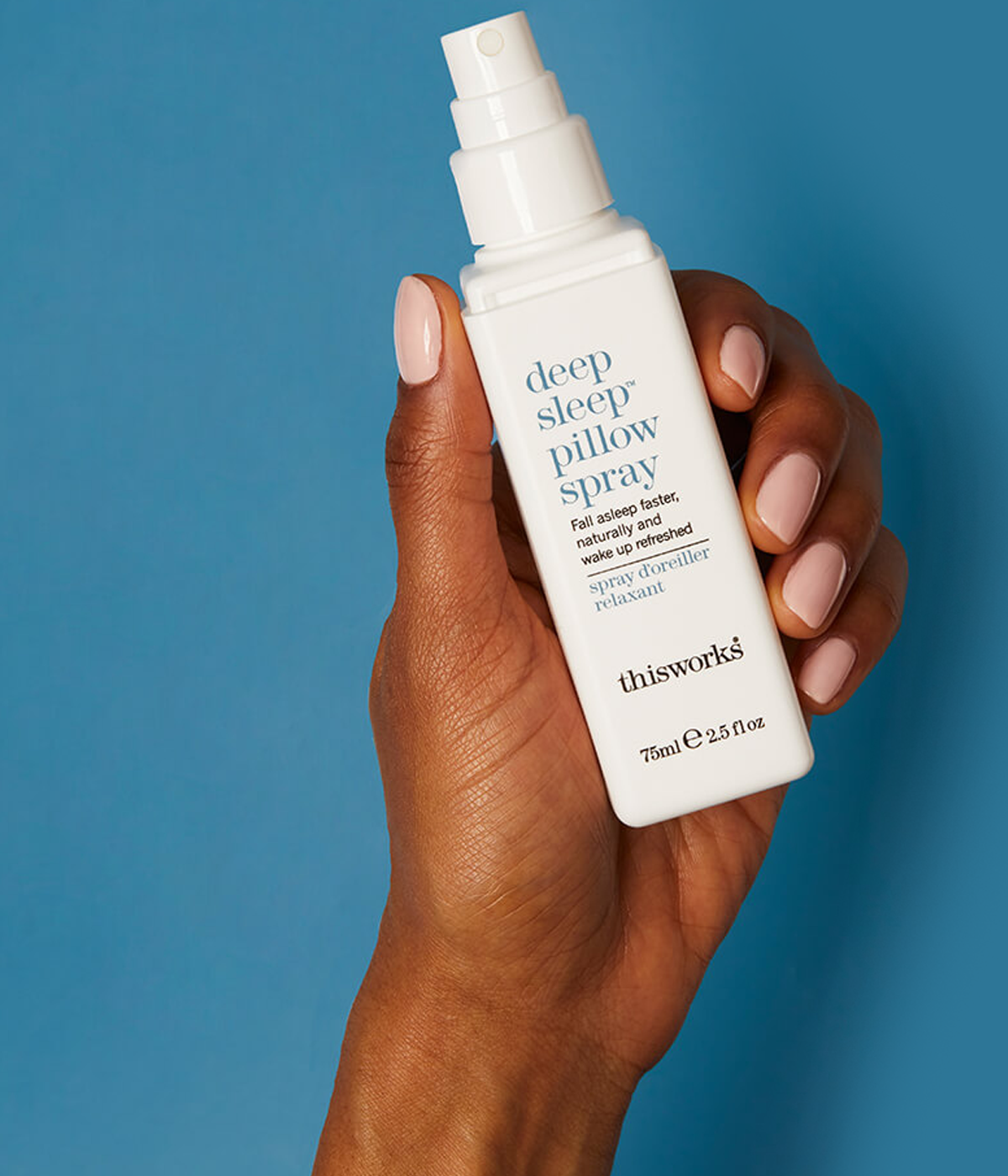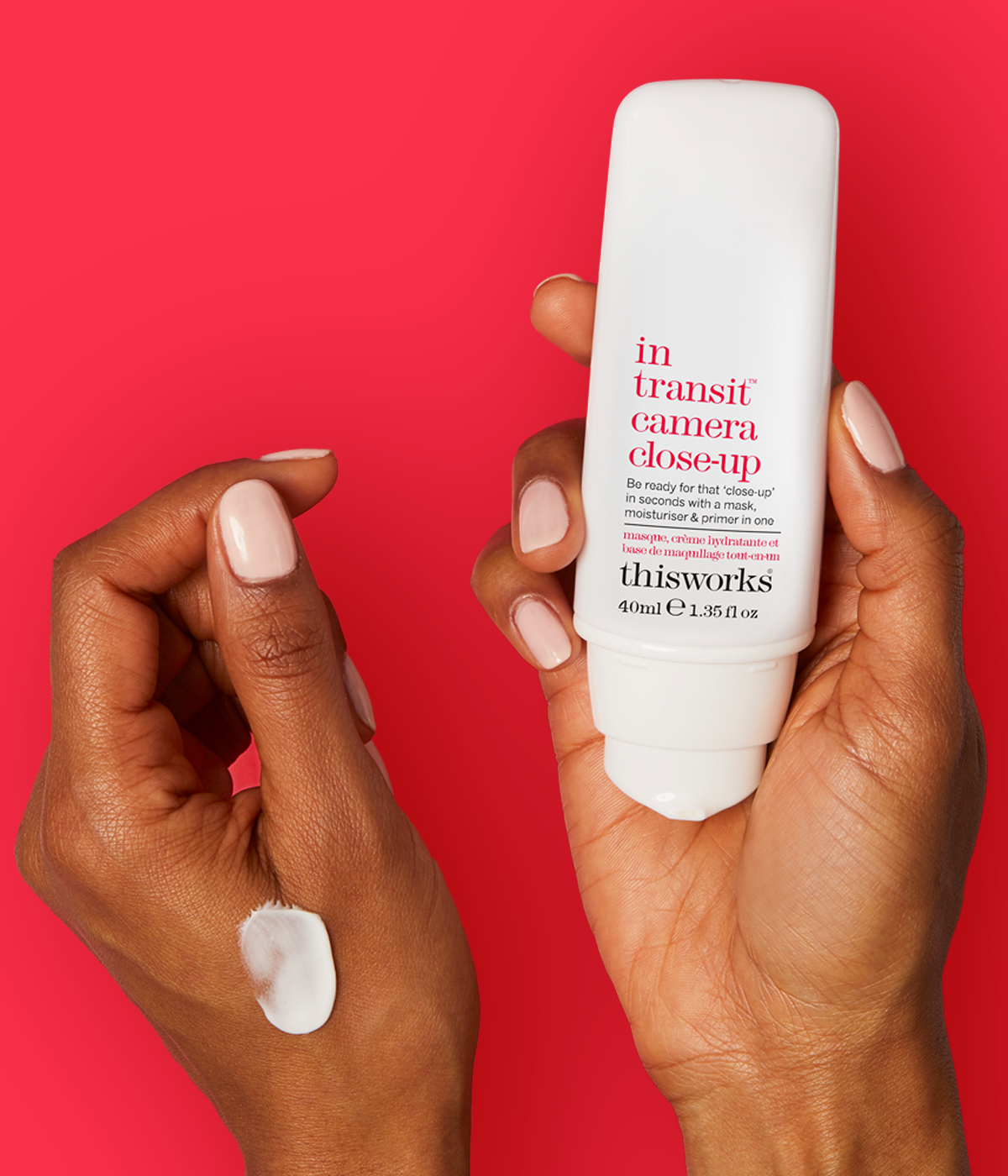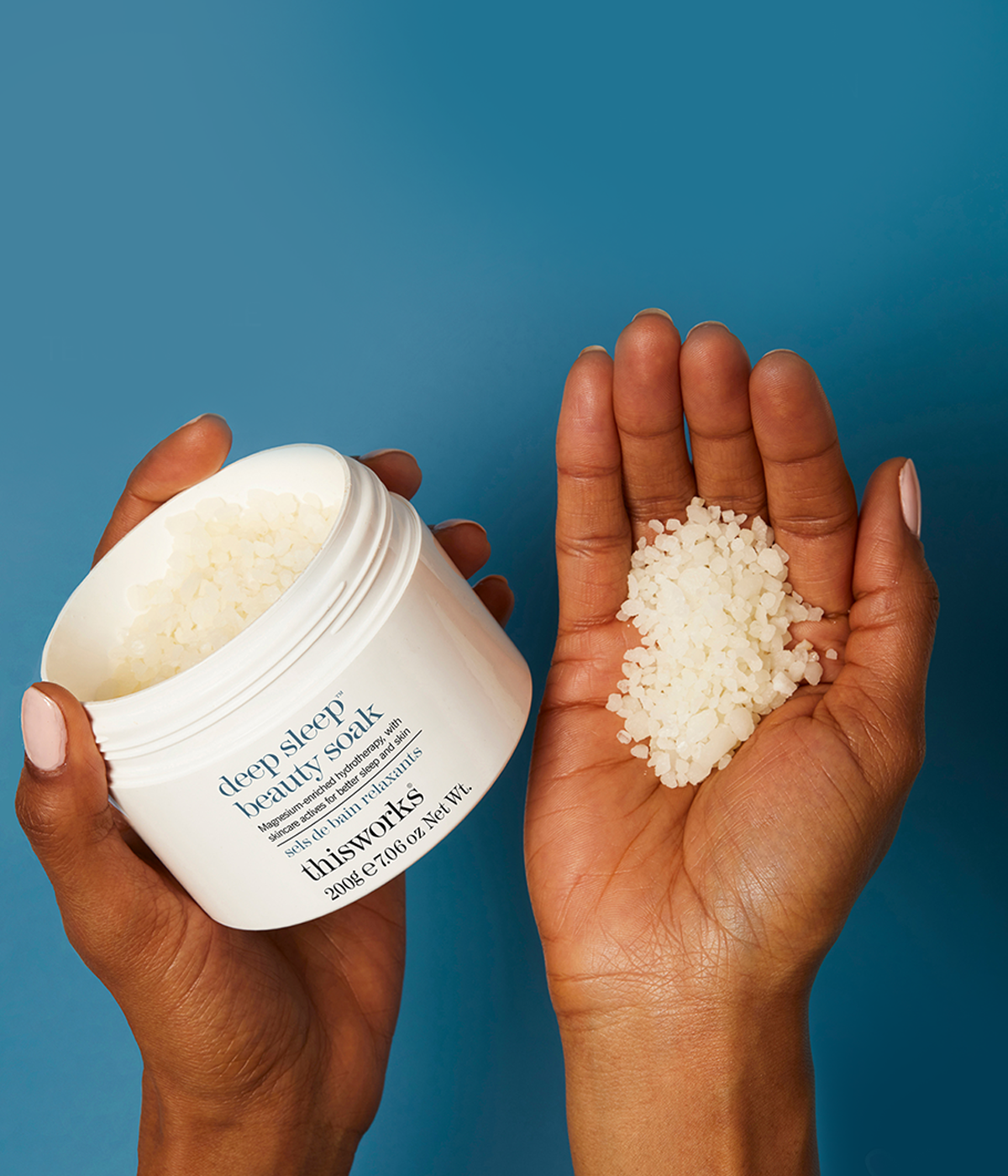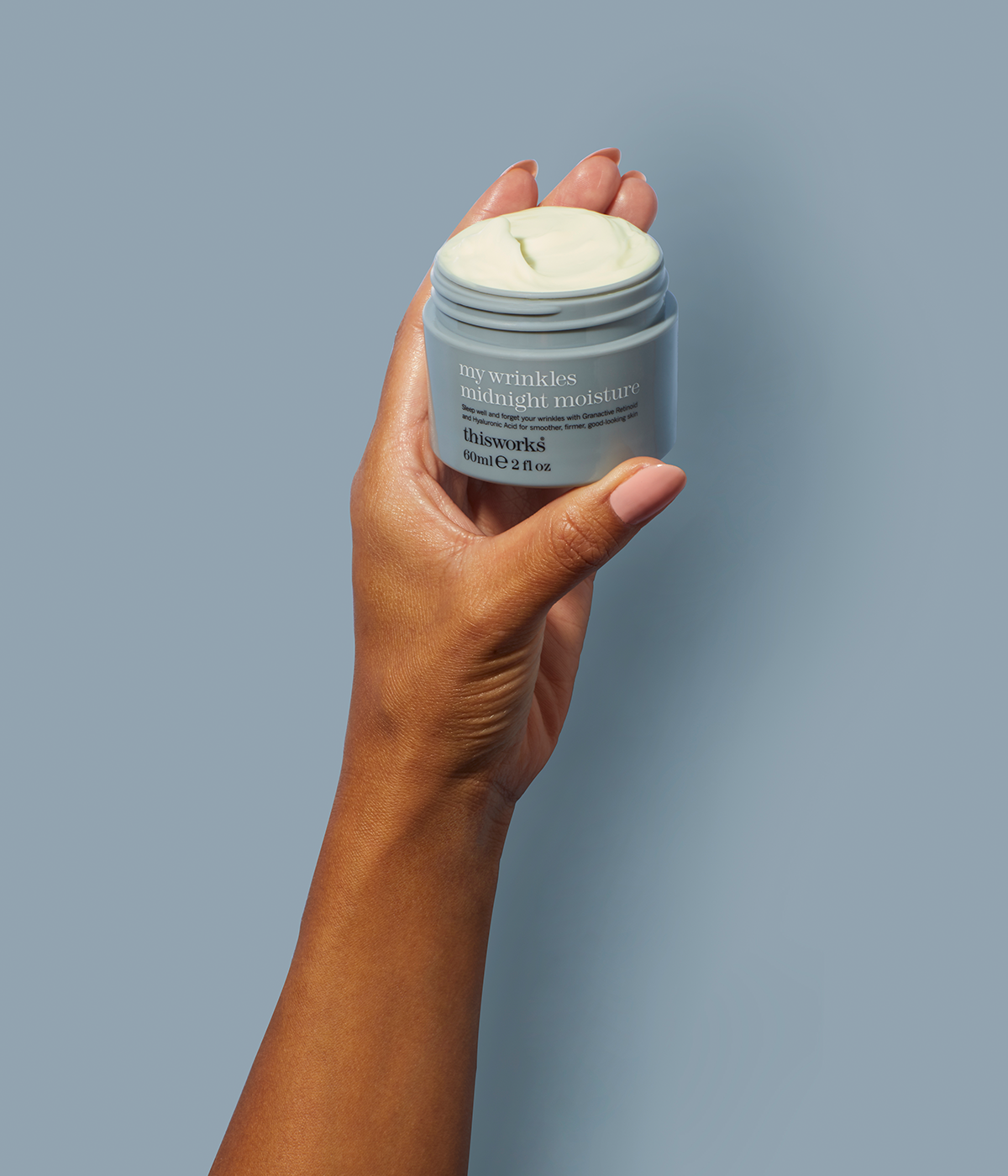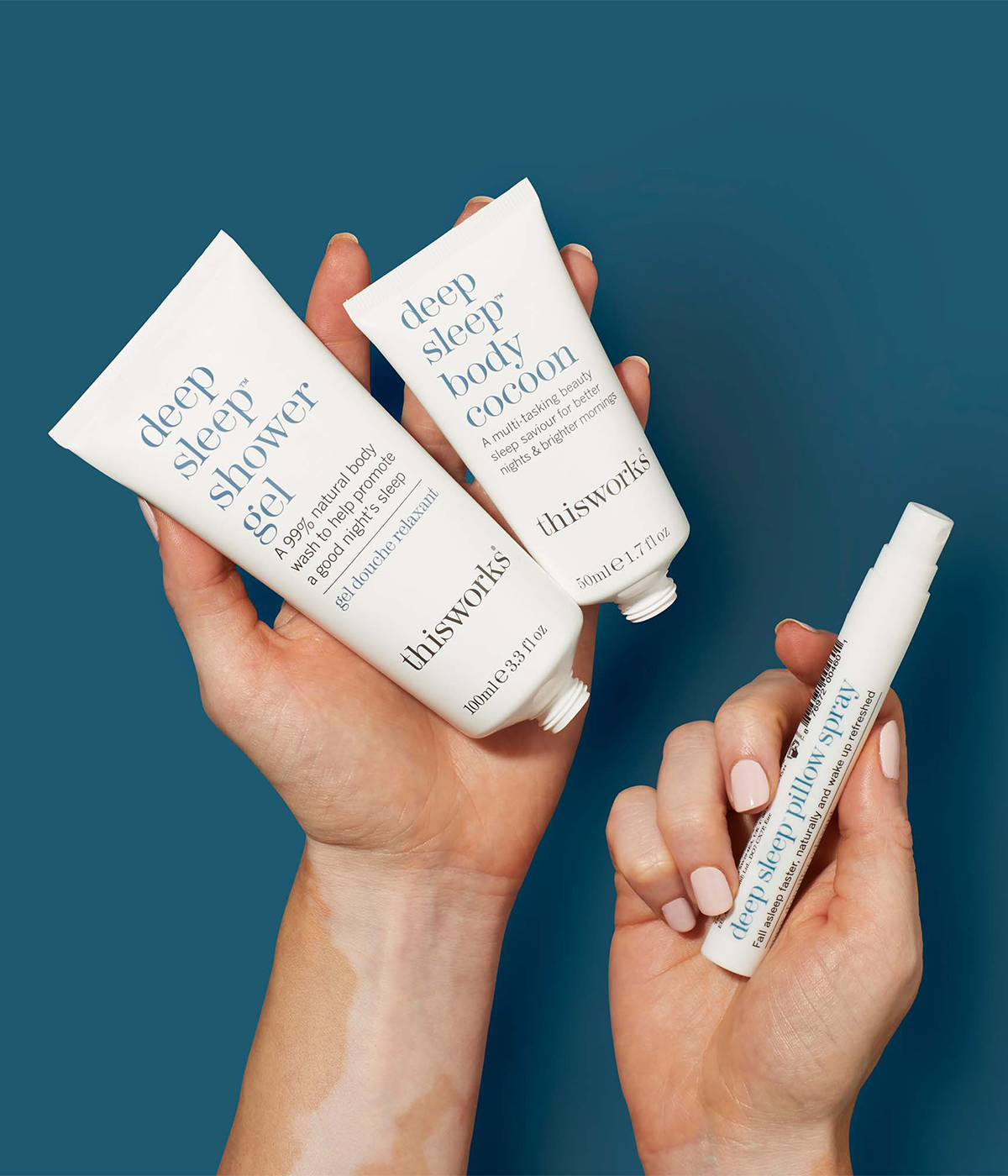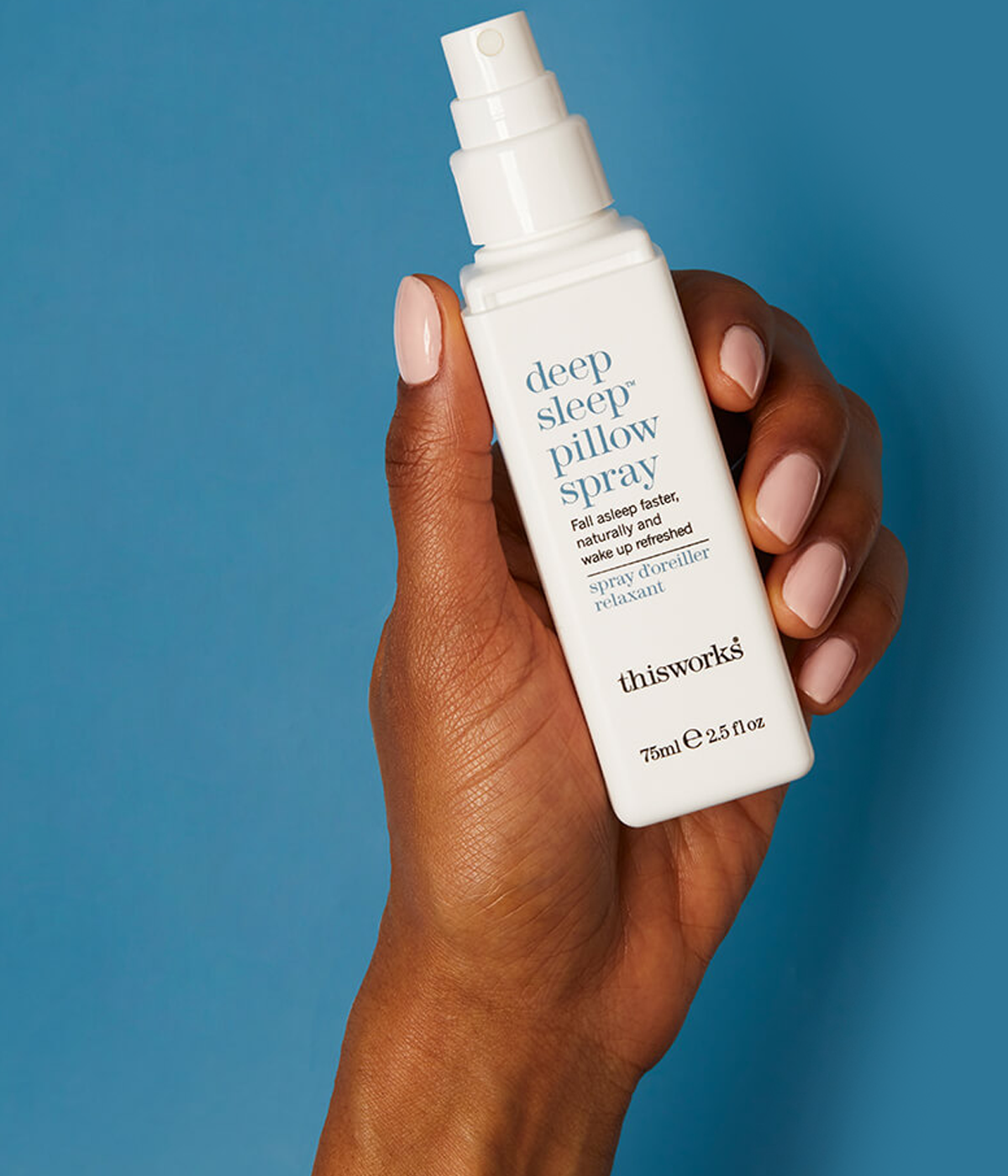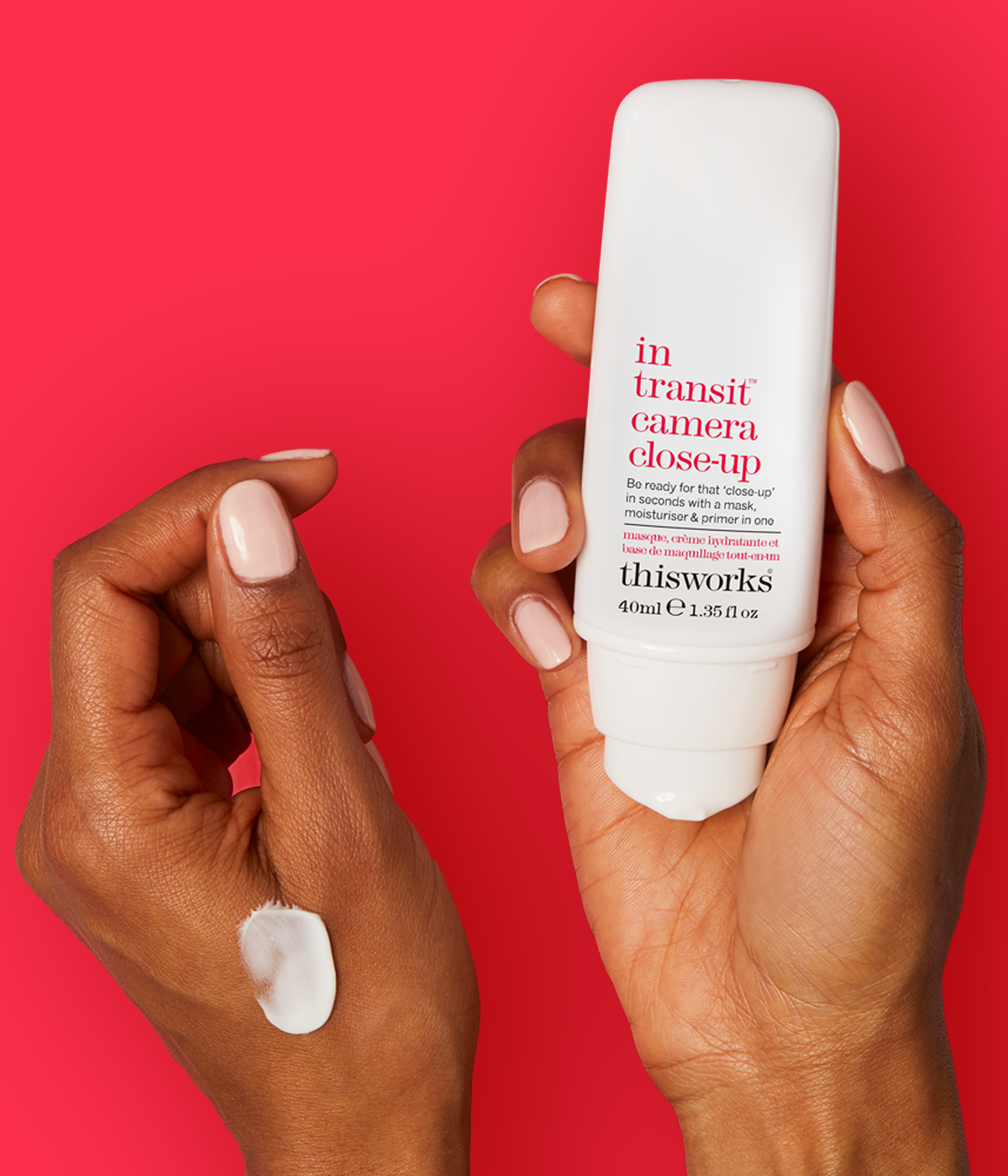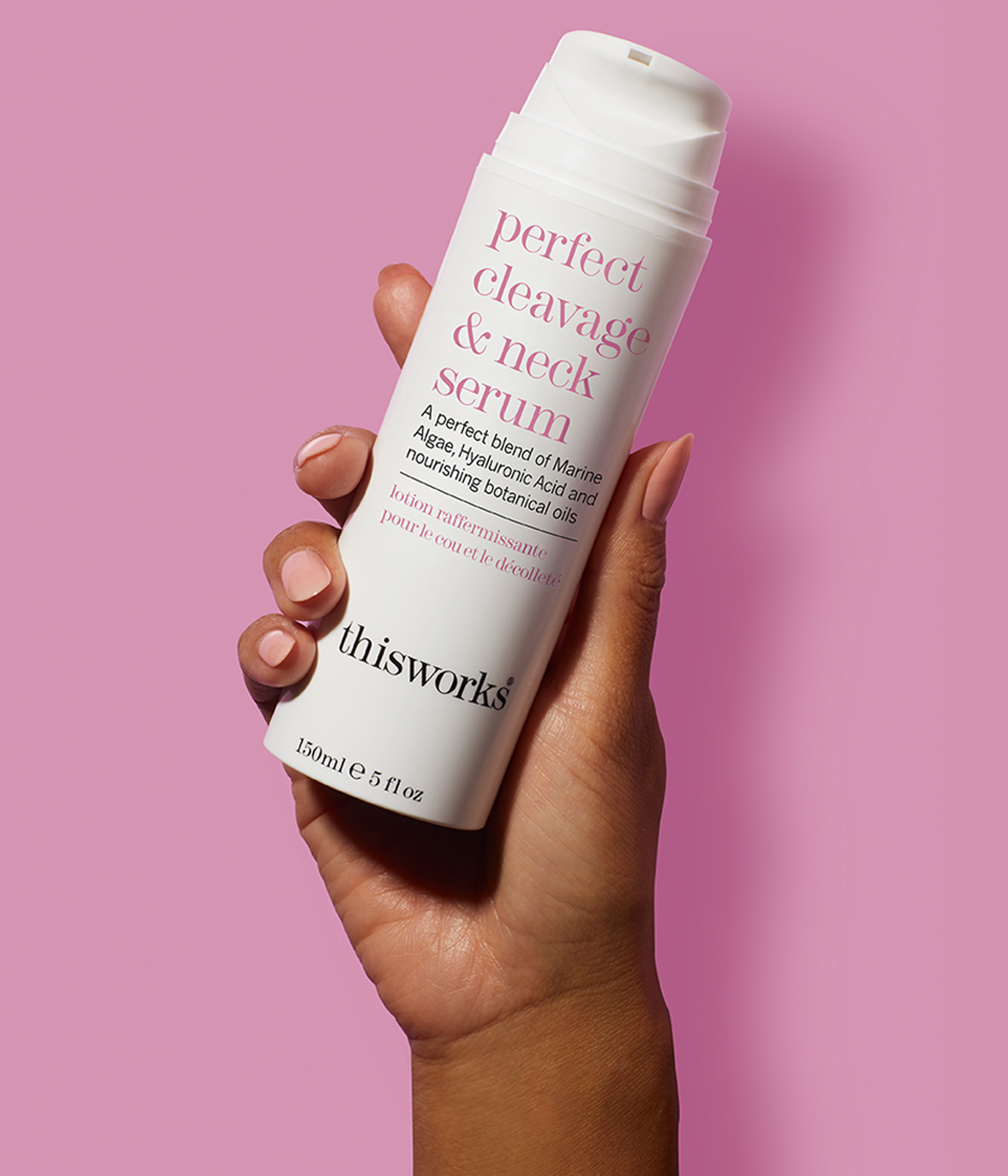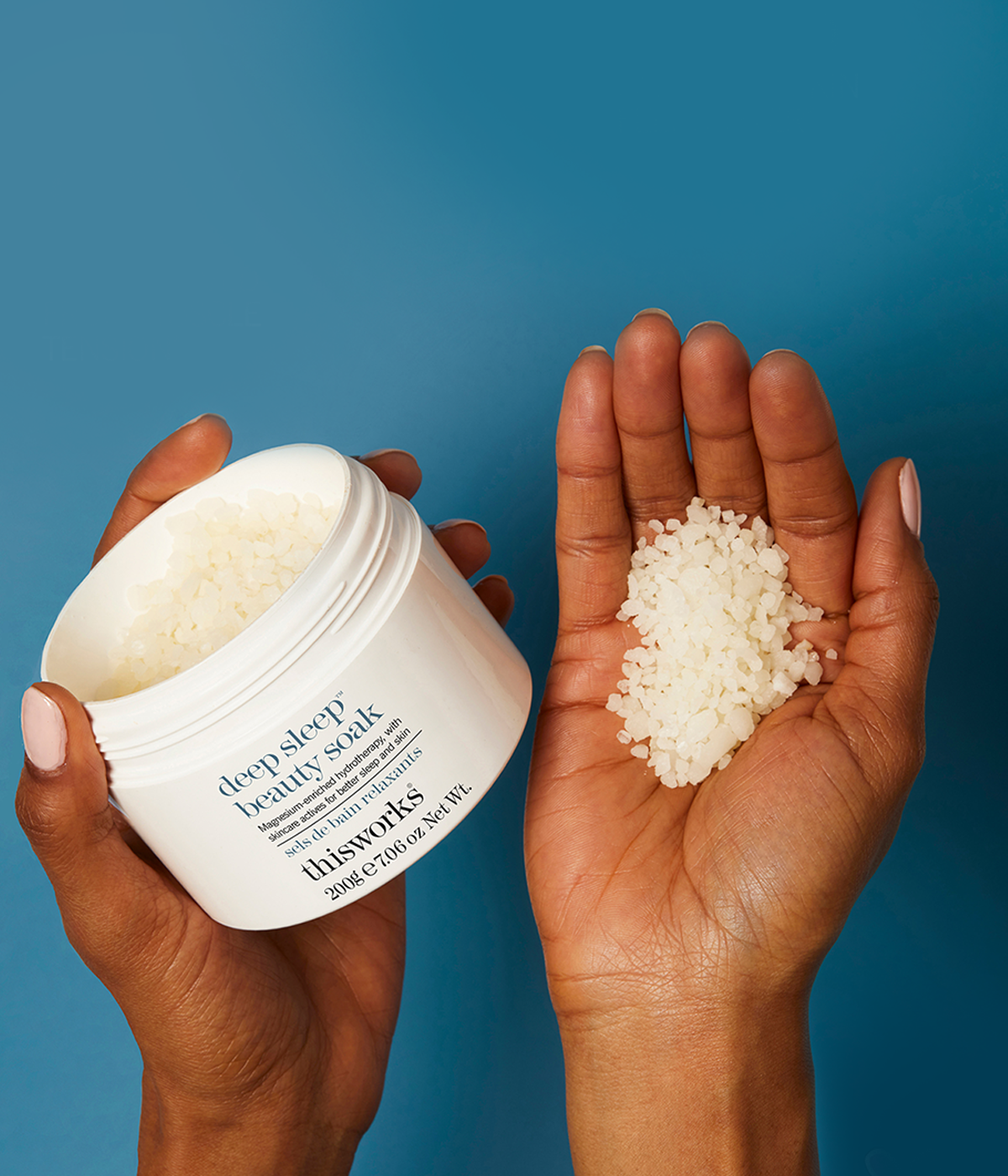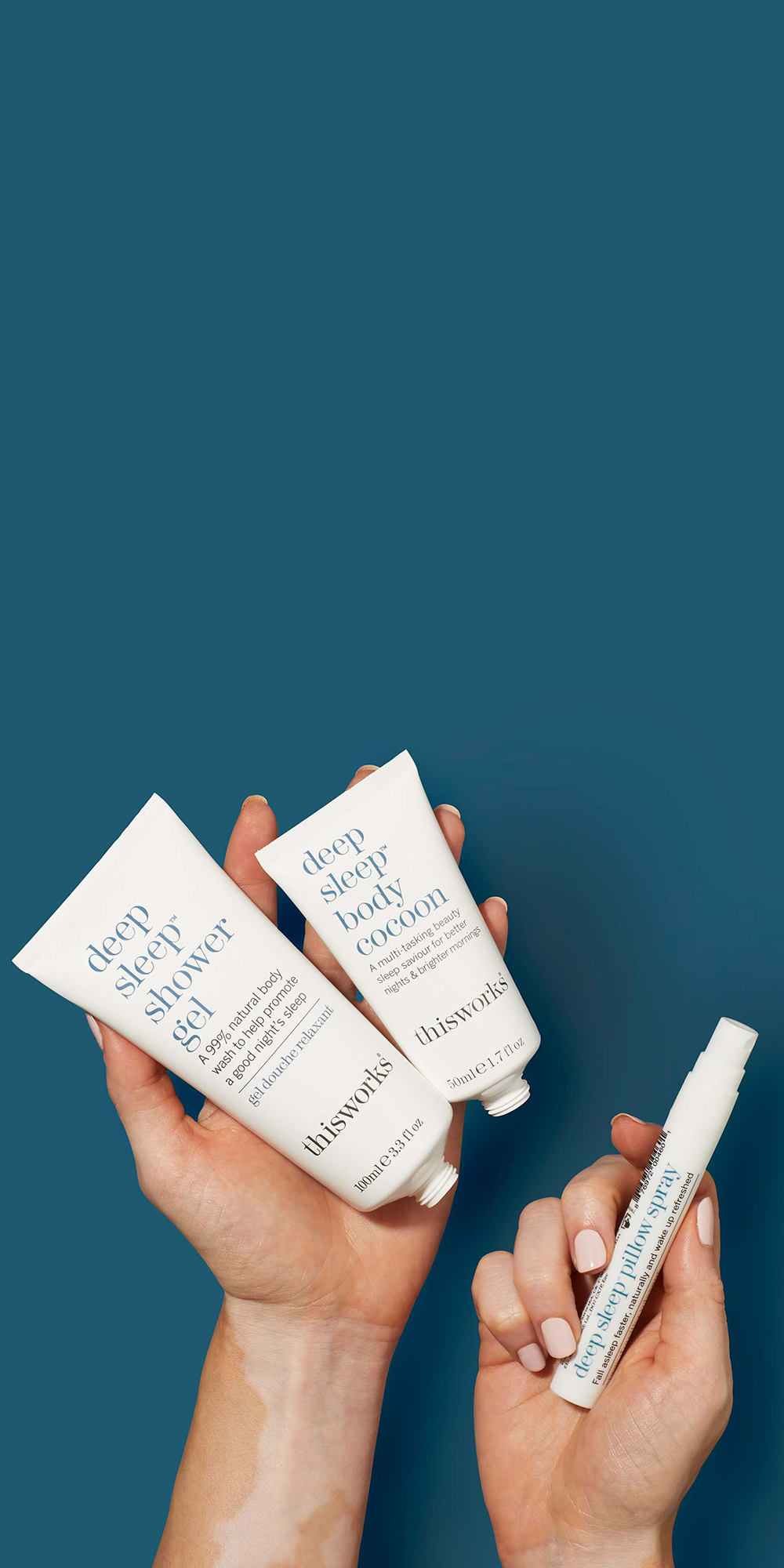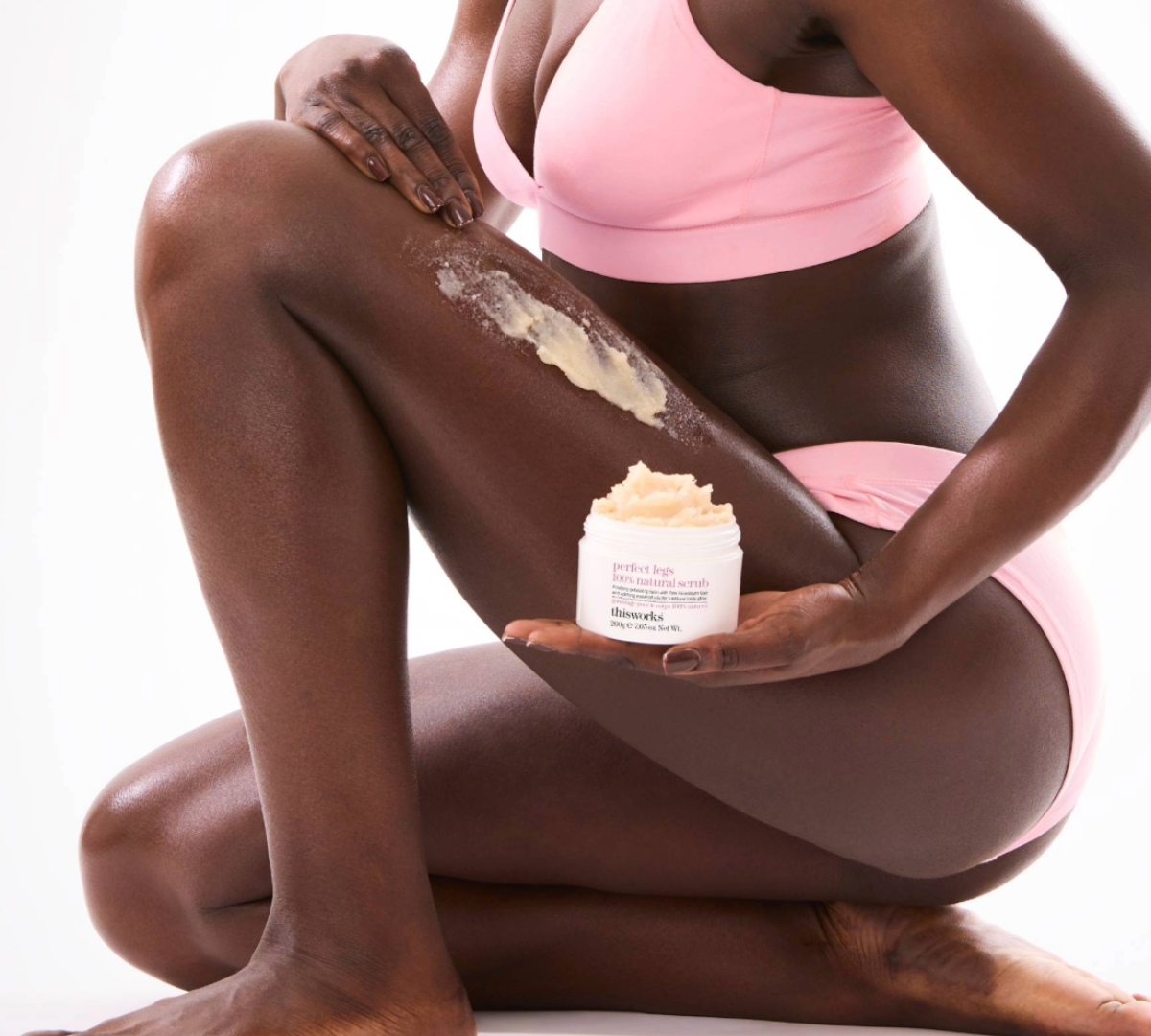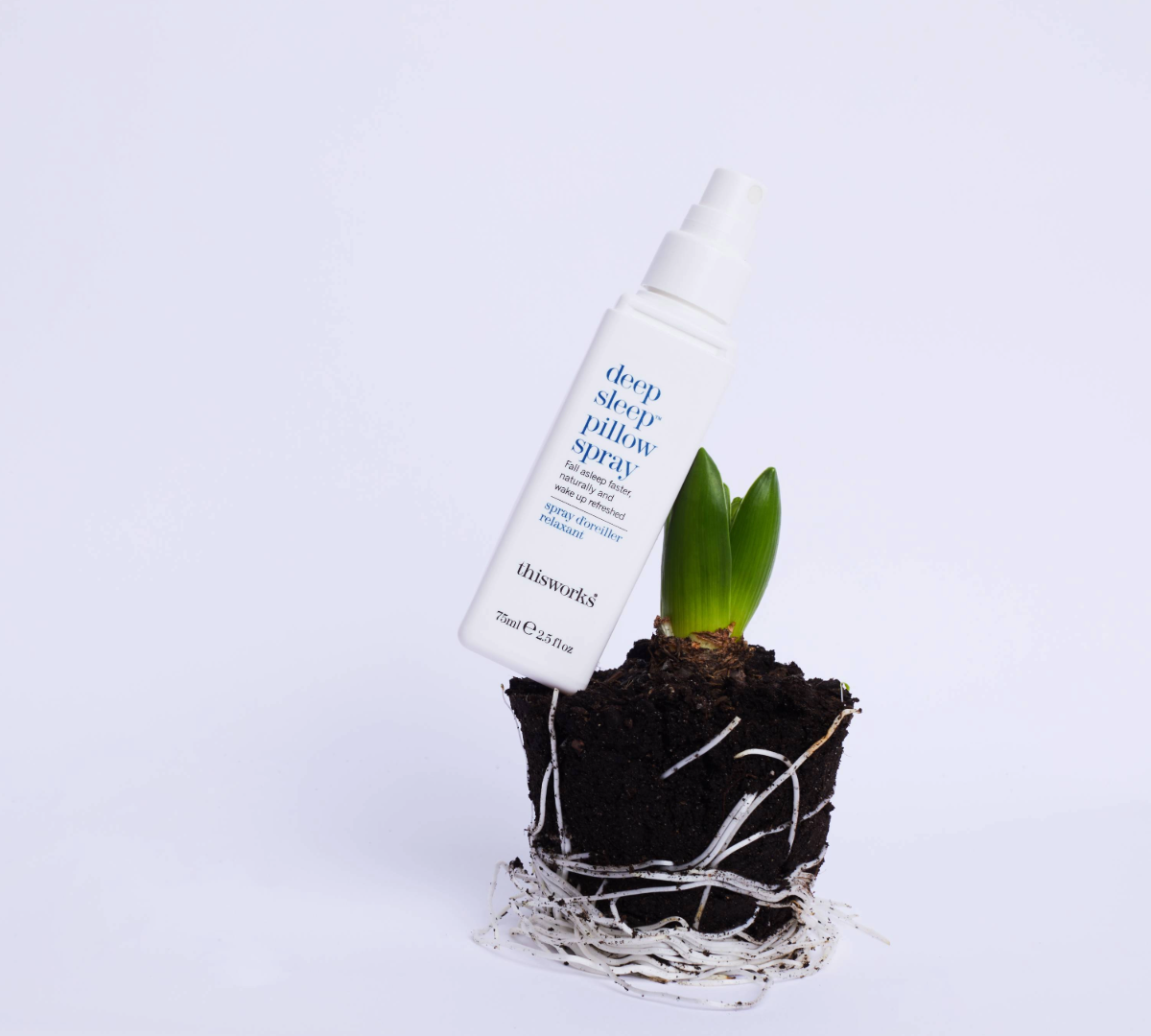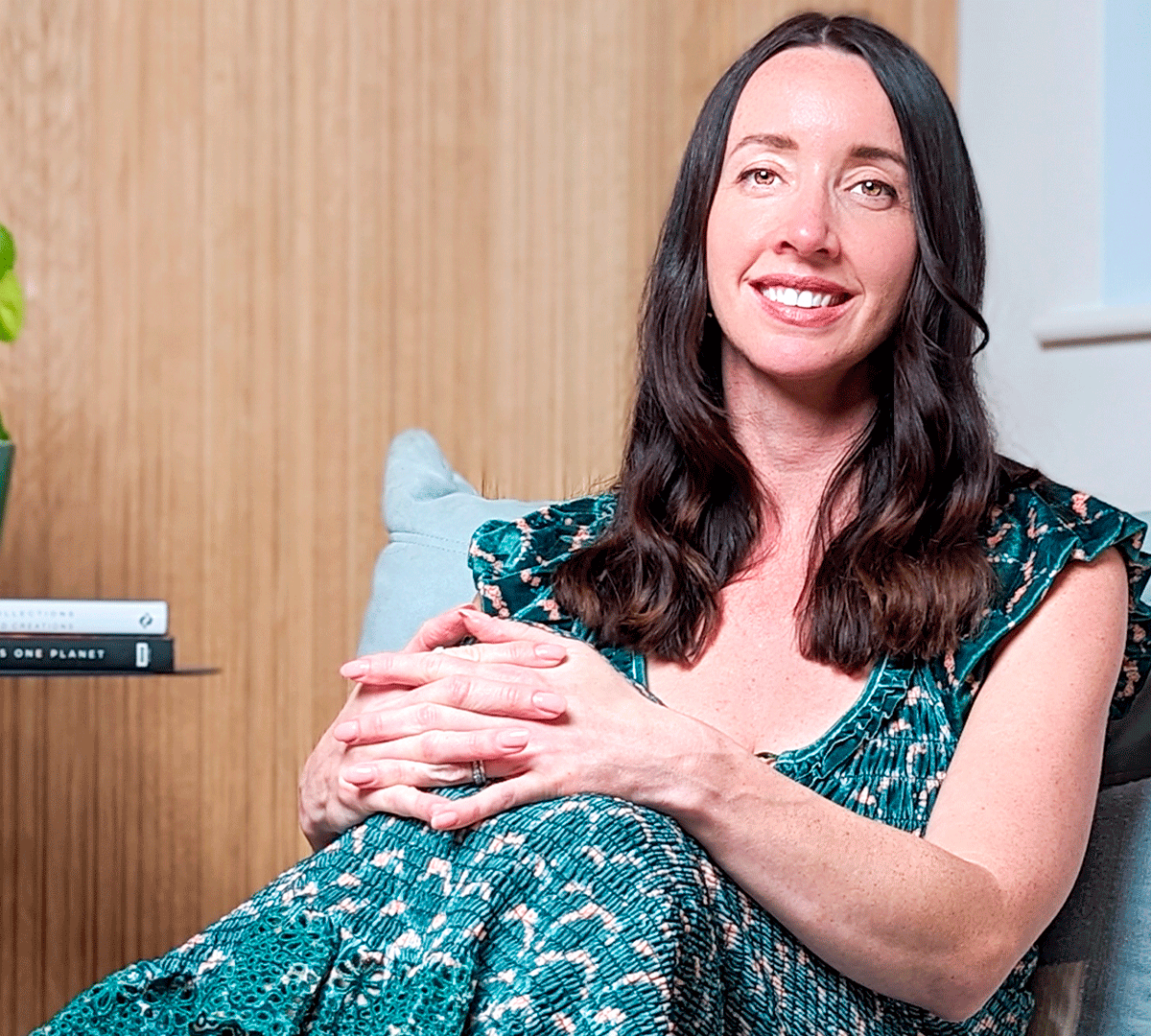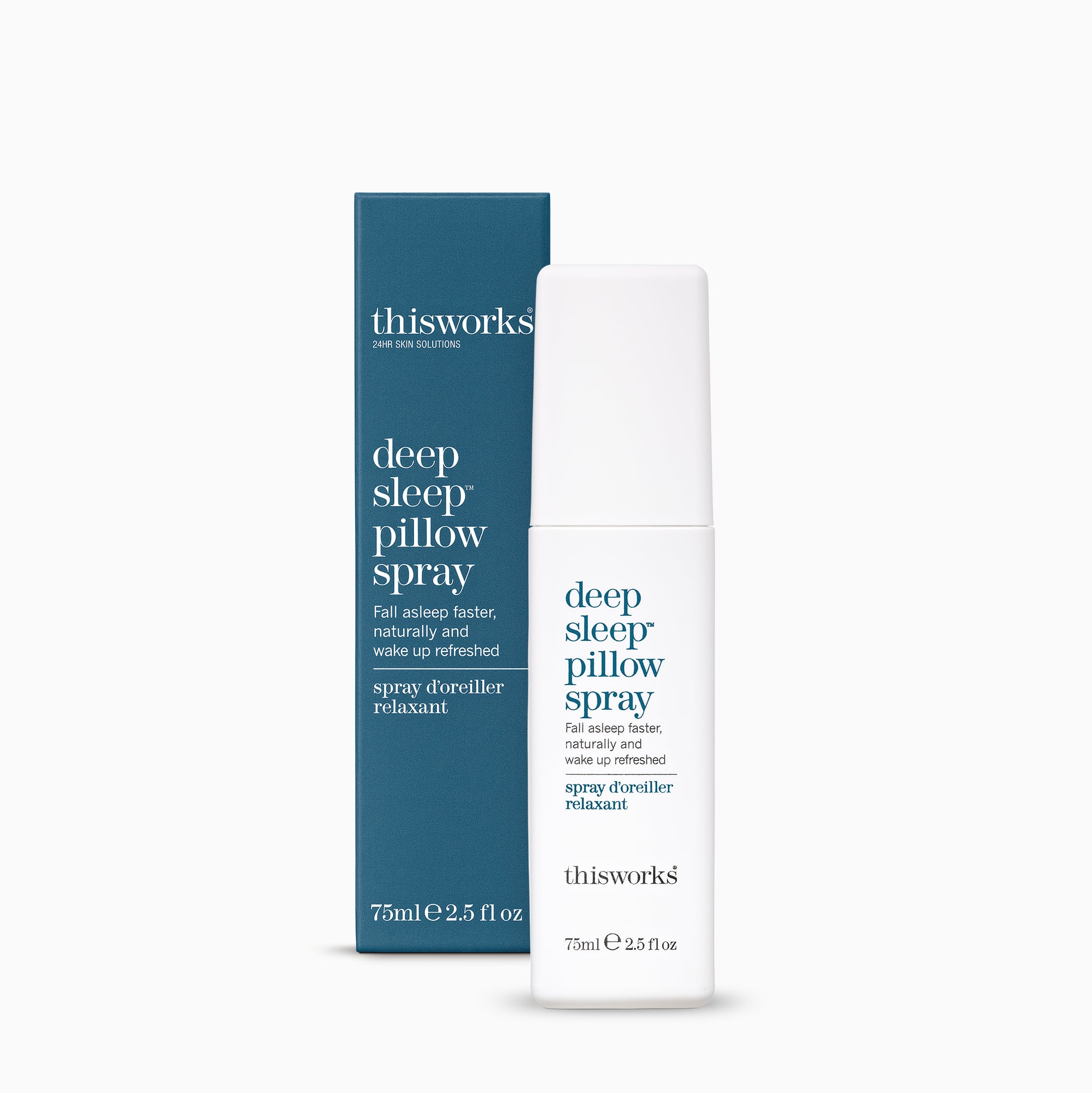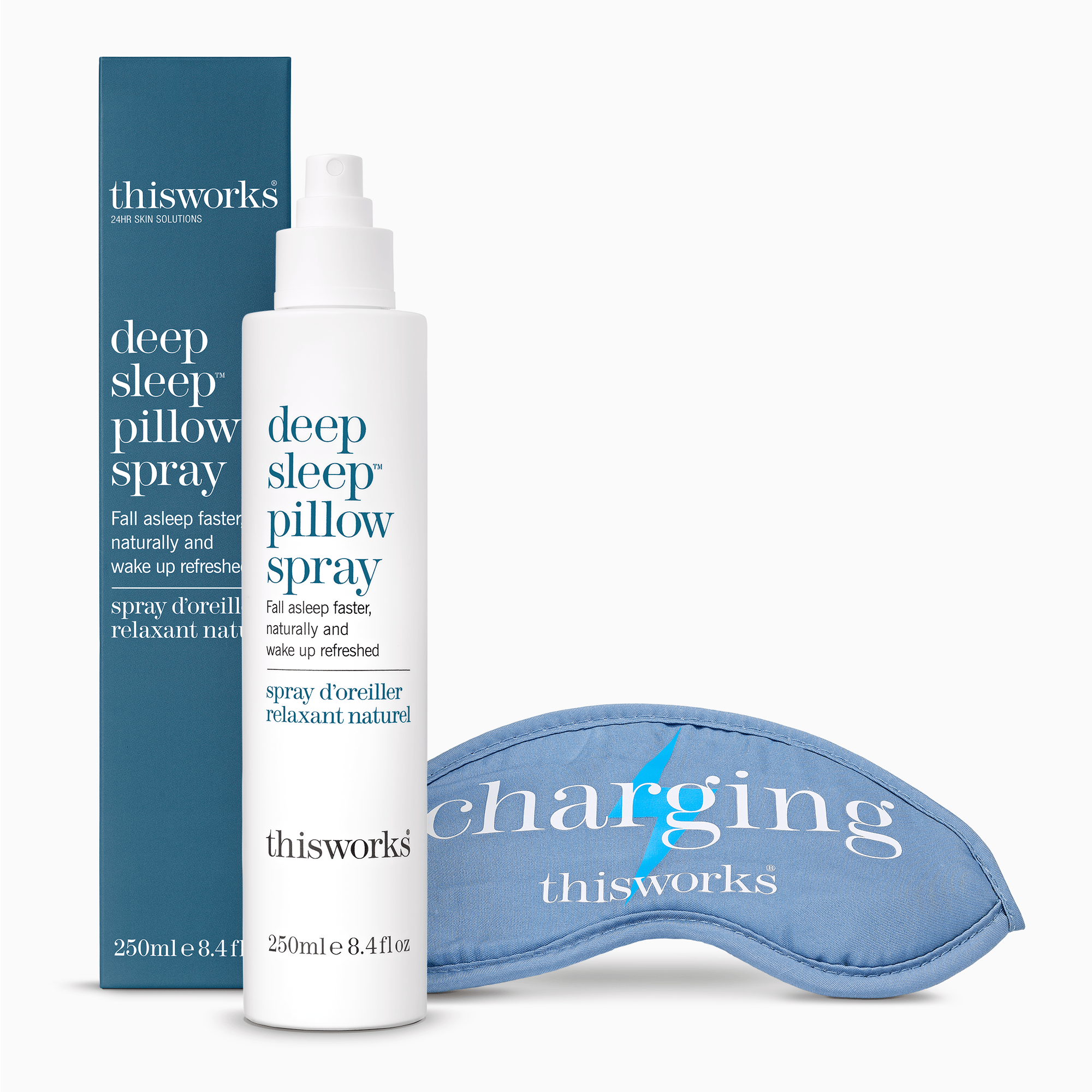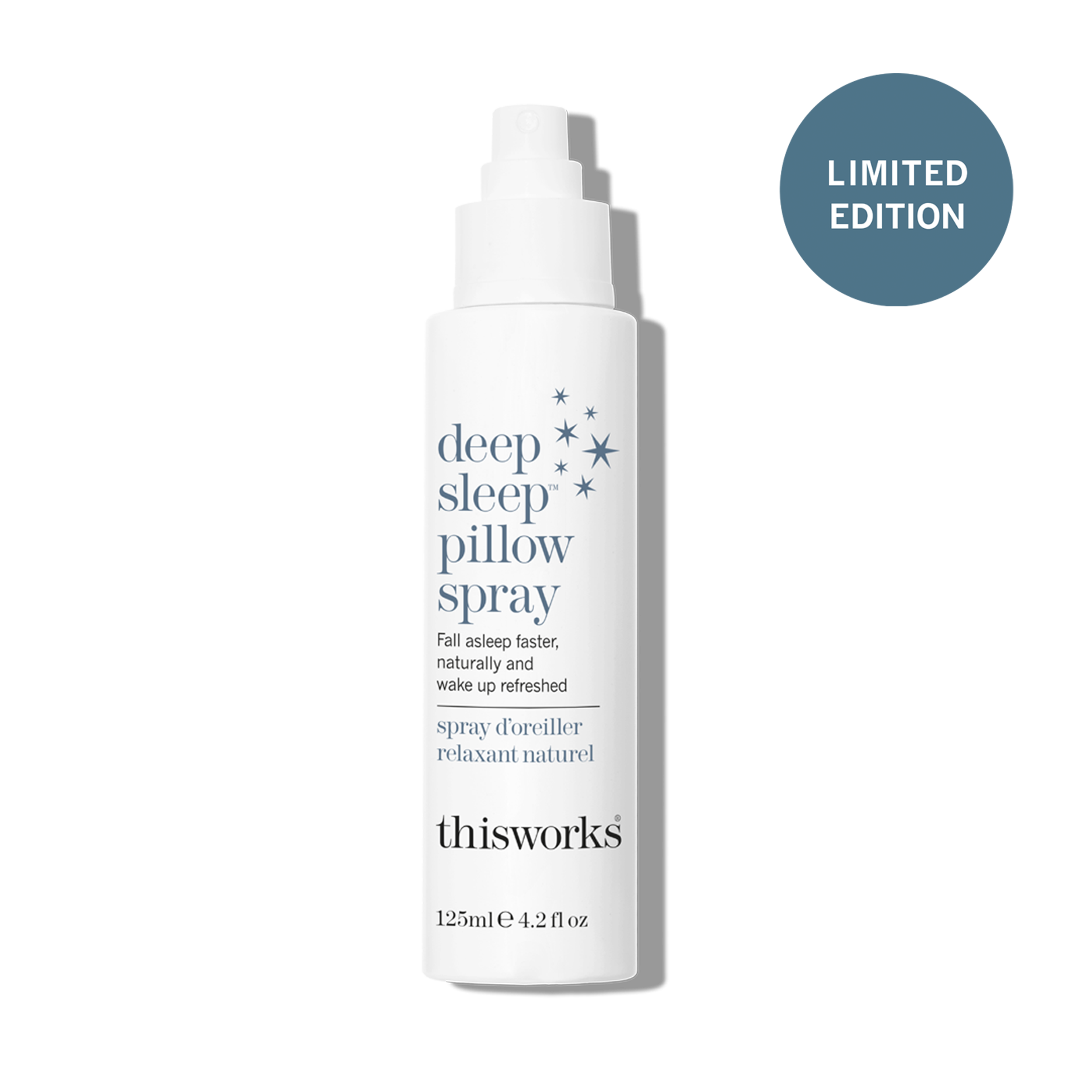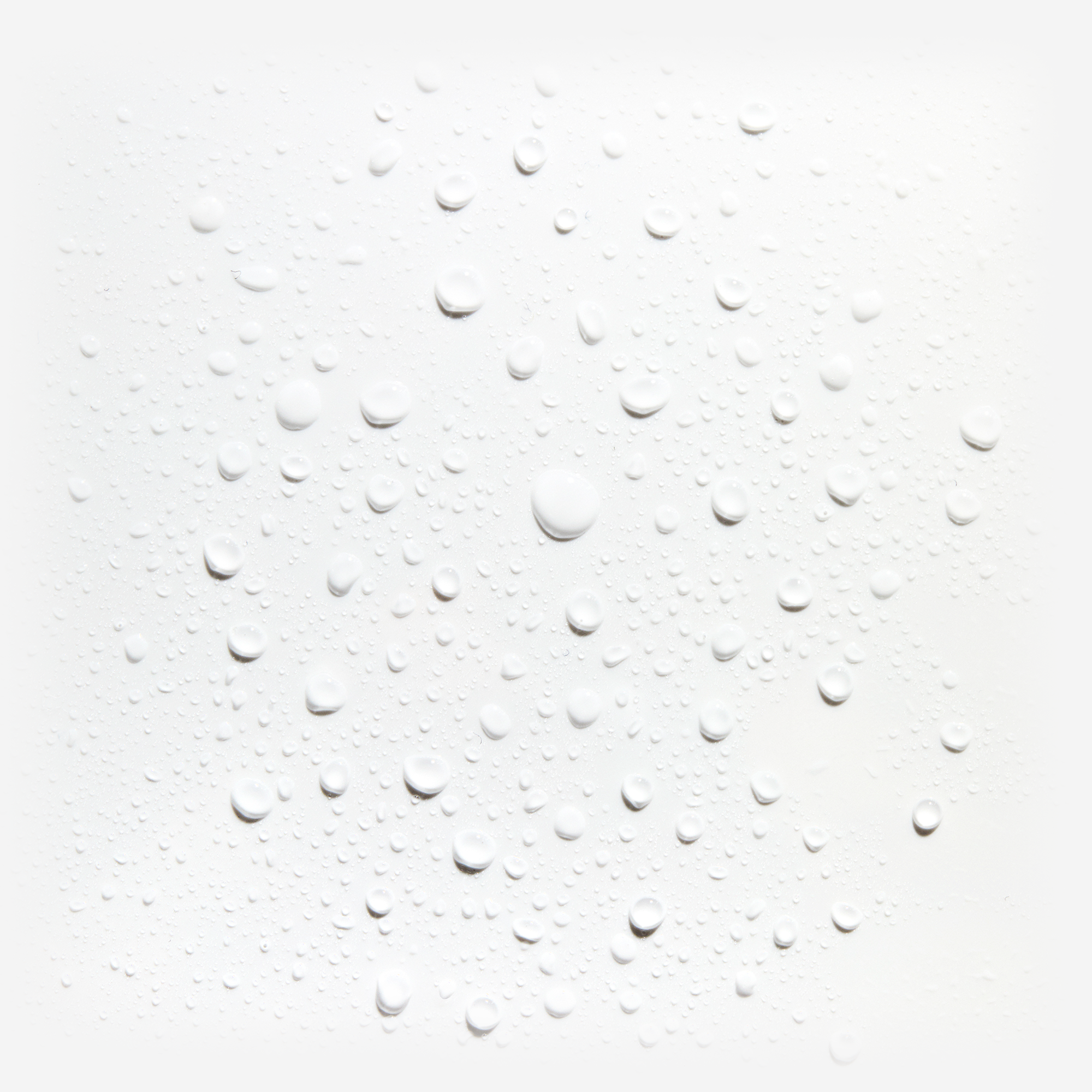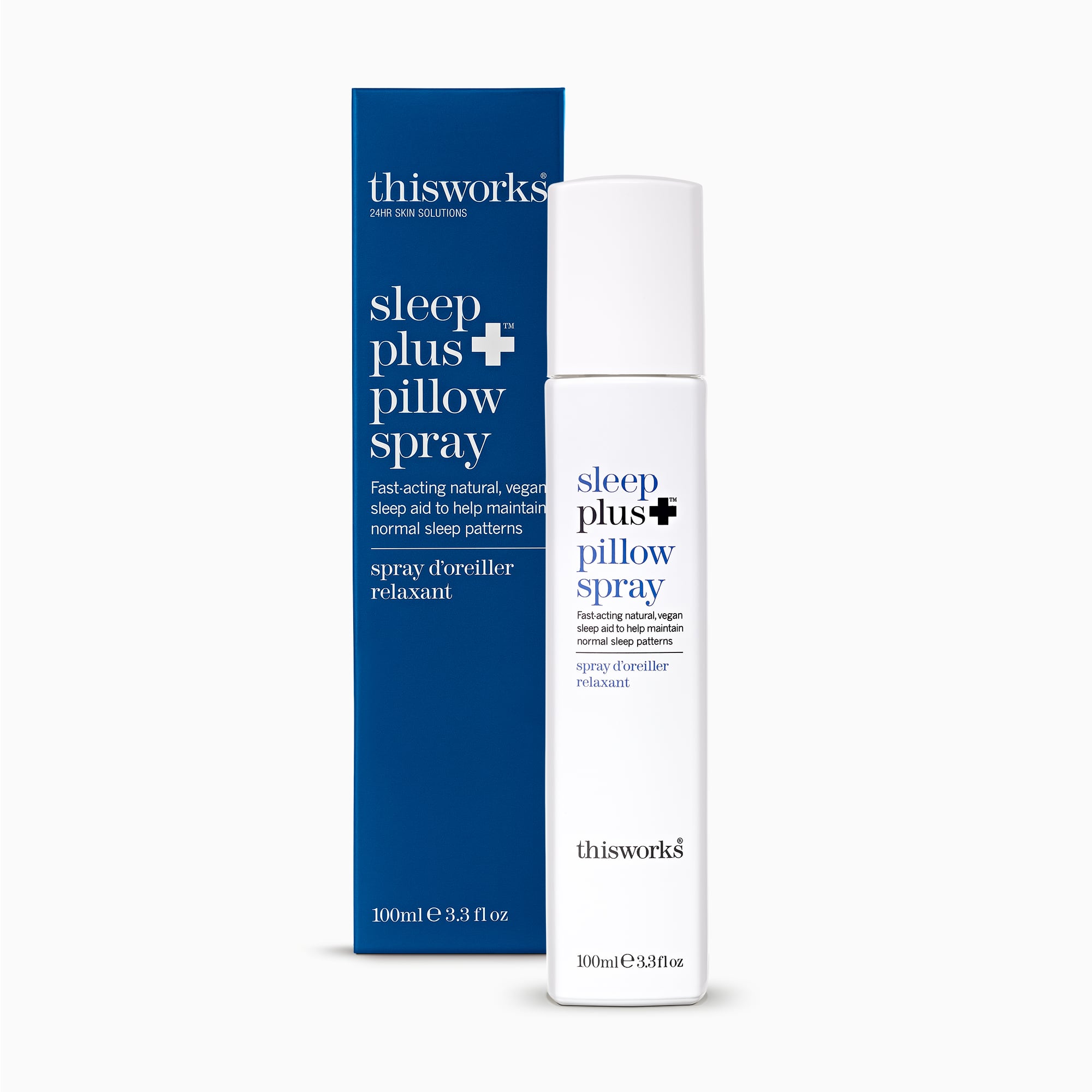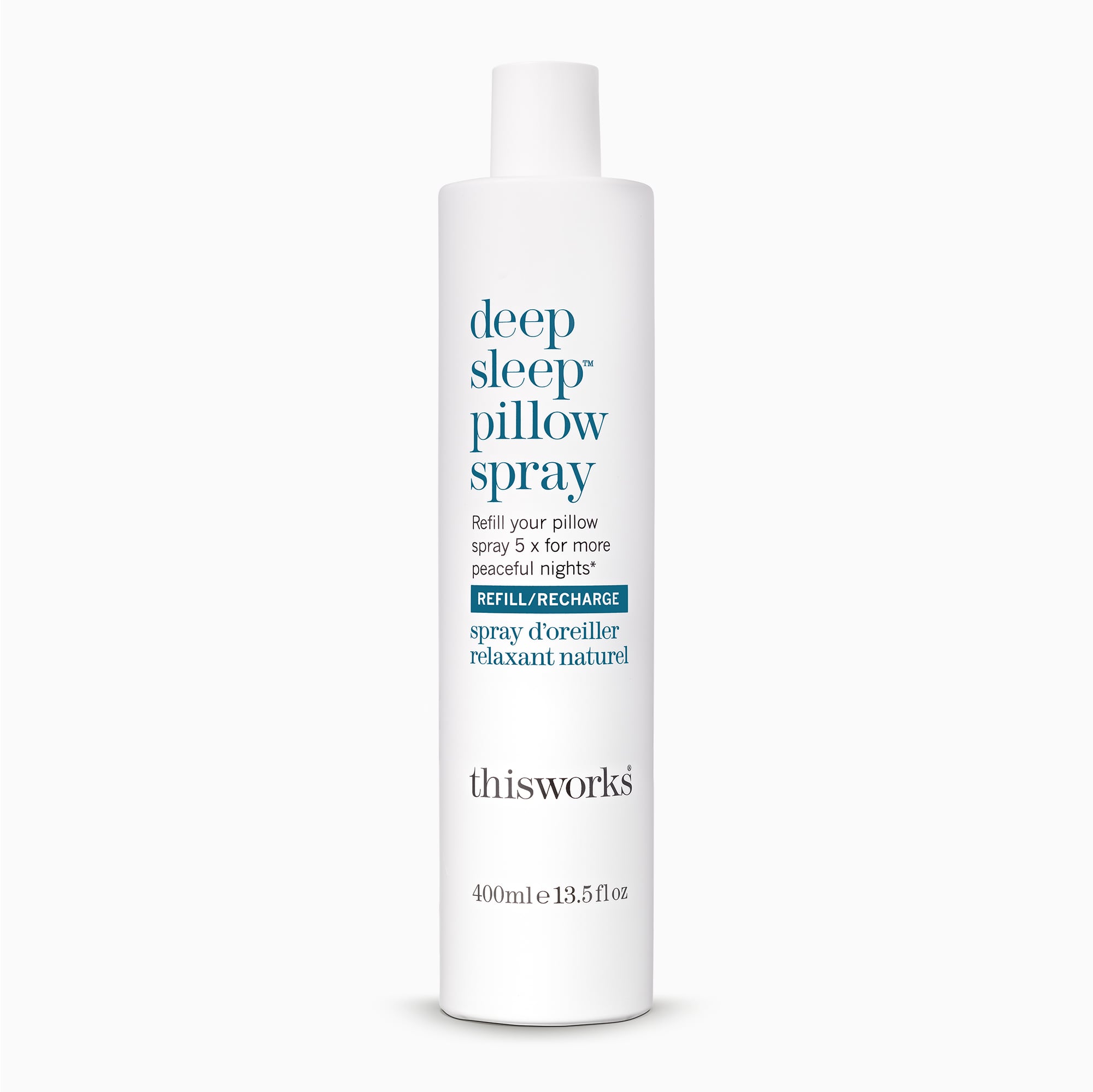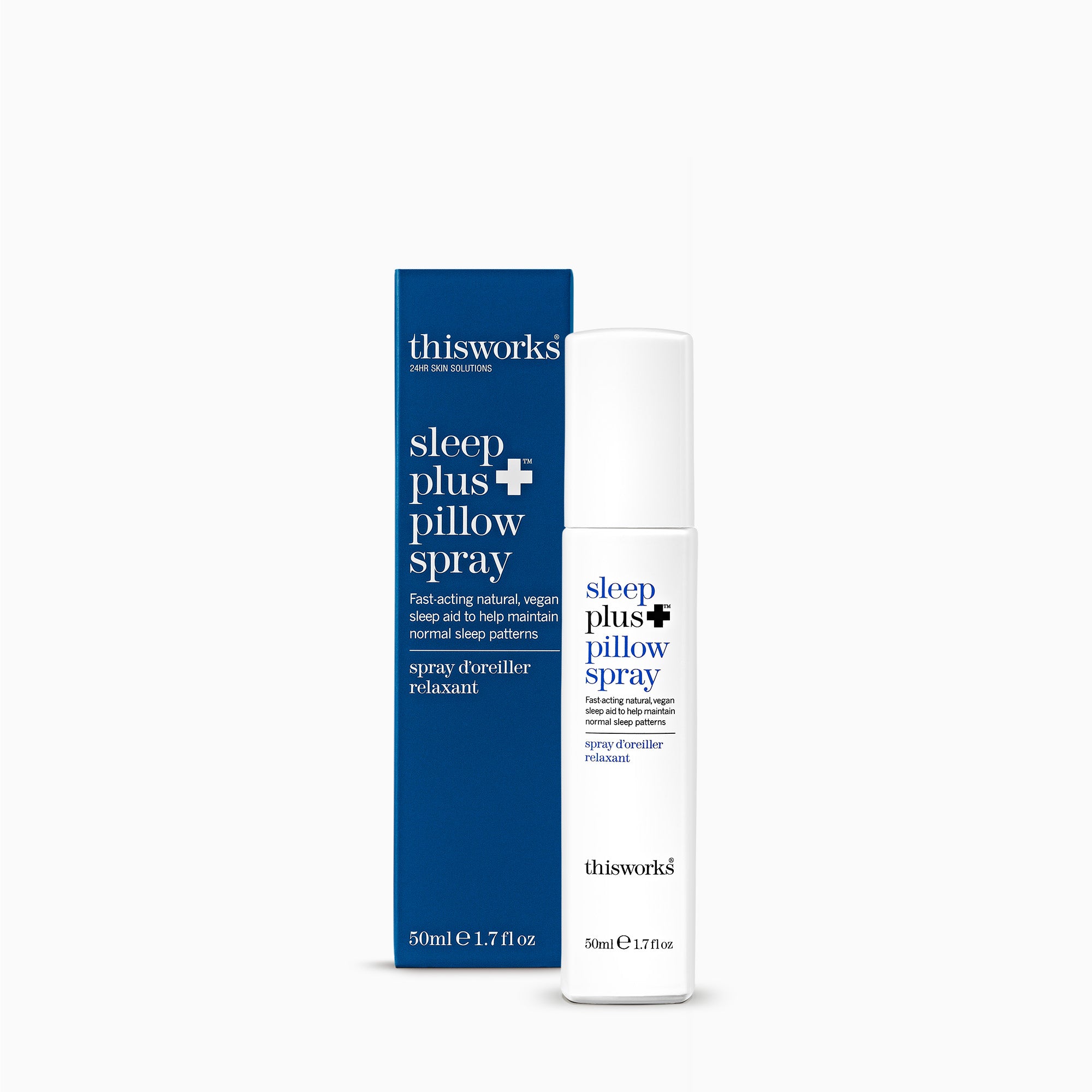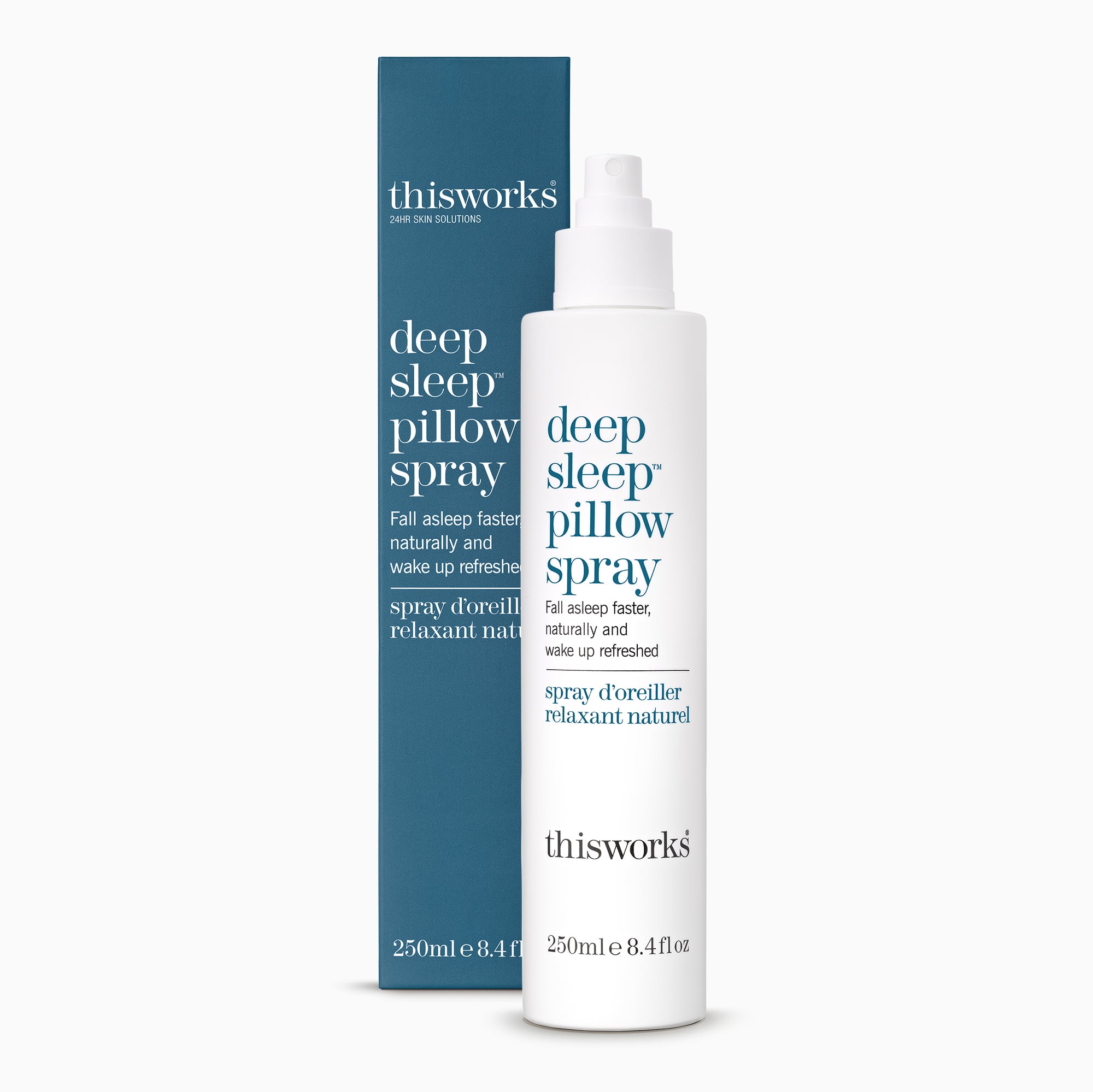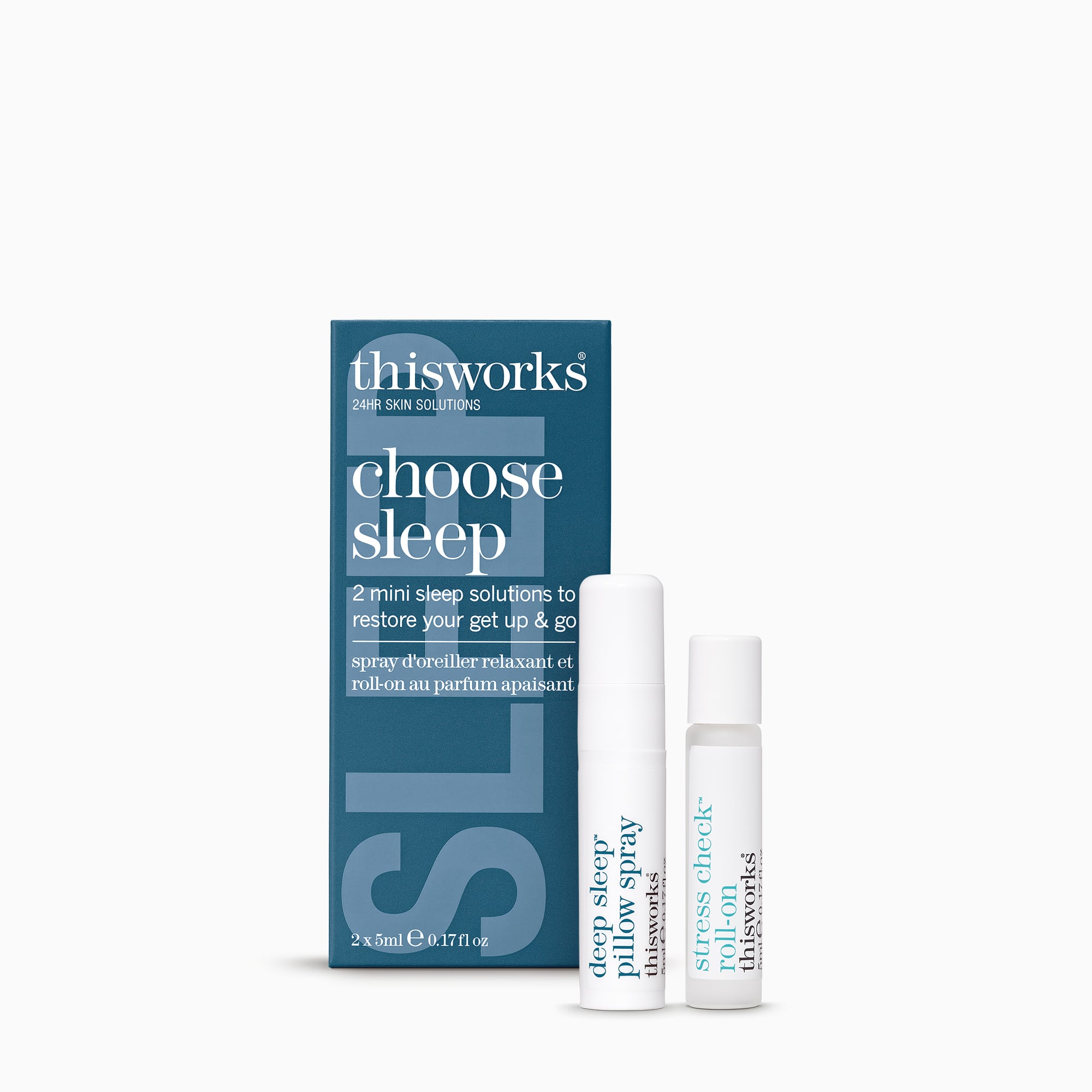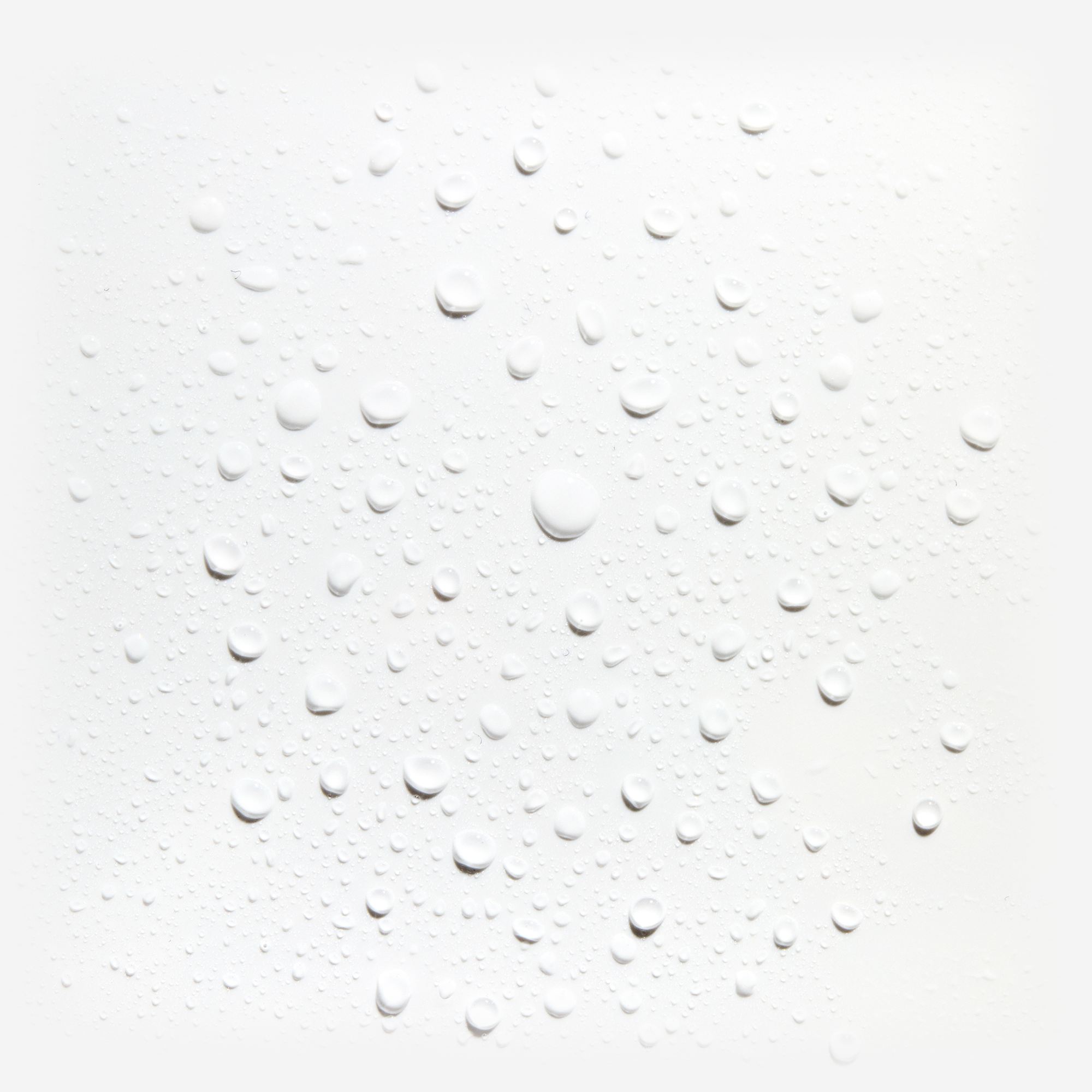meet the teenage brain woman
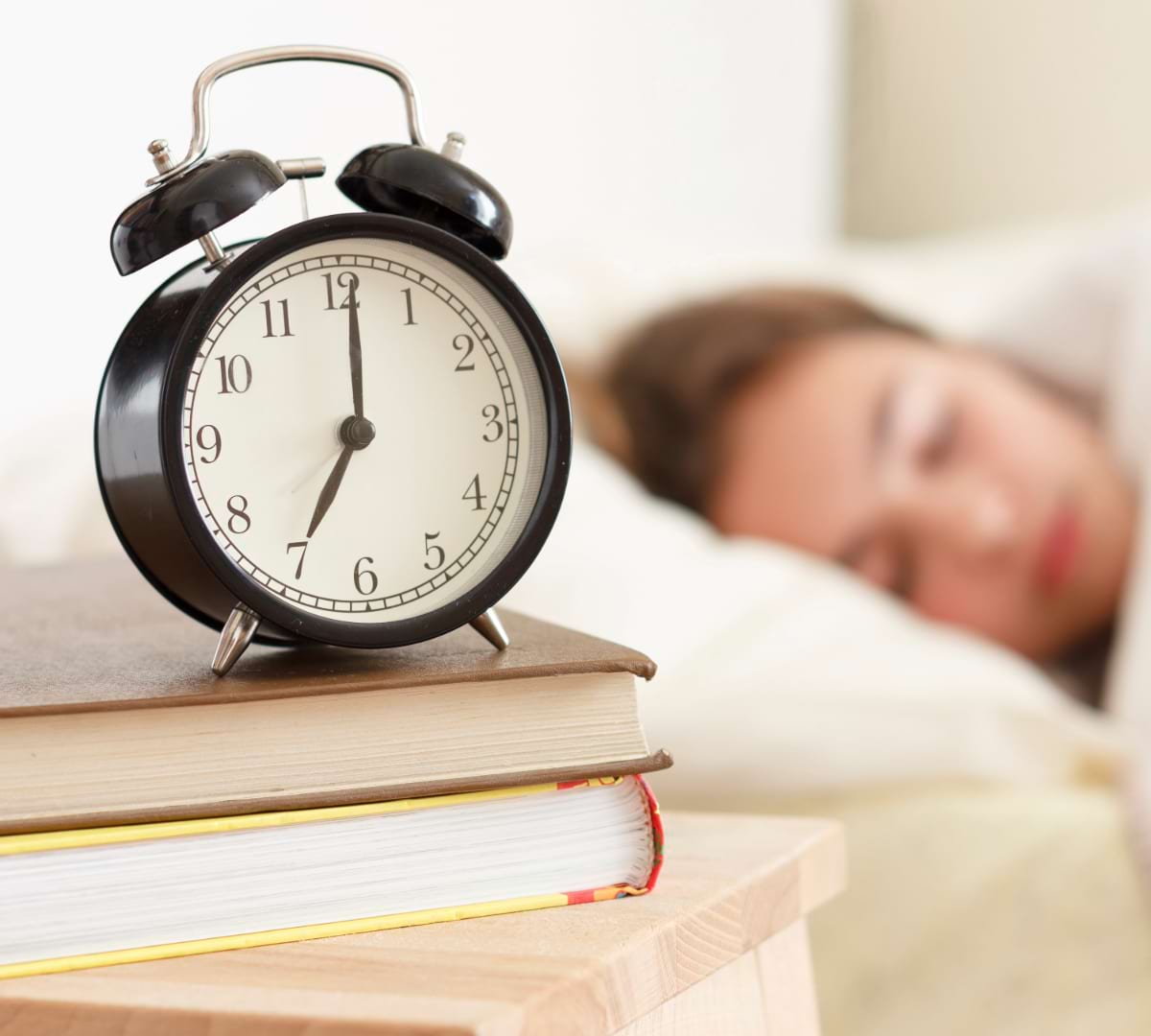
Nicola Morgan, The Teenage Brain Woman, is a multi-award-winning author whose work on young brains, psychology, performance and mental health is loved by teenagers, schools and families around the world.
Her books speak directly to teenagers and cover stress, peer groups and friendship, body image, life online, exams, sleep, resilience and all aspects thriving in the modern world. She has been a YA novelist, English teacher and dyslexia specialist and the mother of two teenage (now grown-up) daughters. Now, when not writing and dreaming in a garden office over a valley, she keeps herself physically and mentally healthy as an over-excitable vegetable gardener, decent cook and determined runner.
Nicola gives insightful keynotes, talks and training for conferences, schools, parents and professionals. On March 18th 2021 she is giving a public webinar on The Power of Sleep – hurry for last spaces!
Website: www.nicolamorgan.com
Twitter: NicolaMorgan
Instagram: NicolaMorgansBrain
I’m interested in sleep in general – in its power to make our brains work better and in its often elusive nature. But over many years of giving talks in schools on all topics to do with wellbeing and brain performance, I’ve noticed time and time again that sleep is THE main thing teenagers themselves want to know about – perhaps because so many of them struggle with it. I wanted to share my knowledge so that they can feel more in control over their sleep and their health. I’ve written about sleep before – in Blame My Brain and Positively Teenage, for example – but it needs a book of its own!
Not all teenagers are the same, just as with any other group, but there are some very common shared changes. And these different patterns are not caused by screens and social media (though they don’t help) because we knew about them long before screens were invented.
Biologically, adolescents need more sleep (around 9 hours) but their “body clock” typically switches on late at night (so it’s hard to fall sleep early enough) and switches off later in the morning than for adults (so they are often tired and groggy in the mornings). Basically, modern life forces them to get up before their brains are fully awake.
Not just sleep: night-time sleep. Careful day-time napping can have benefits but doesn’t replace a good night’s sleep. A few bad nights won’t cause much difficulty but after a while sleep loss will negatively affect us. Sleep helps protect health and brain function in both short and long term.
Lack of sufficient night-time sleep brings problems with: mood, concentration, memory, learning, mental health, information processing, physical growth, cell repair, appetite, digestion, immune system… Do you want me to go on? Sleep affects all our functions, all our experiences. How we feel, how we behave and how we perform.
Same as for adults: 1) An over-active mind 2) Certain disruptors, which I call “sleep negatives”, in the two hours or so before bed (caffeine, stress and screen use being the obvious three) 3) Lack of a good winding-down routine: the same calming actions, which I call “sleep positives”, in the same order at the same time each evening.
The second two are straightforward: know what the sleep negatives and positives are, eliminate the negatives and build a routine from the positives. (You’ll find them in The Awesome Power of Sleep and on my website.) The first one is harder and requires practice. I have lots of ideas and tips but only you can put them into practice. Finally, recognise that sometimes, even when you do everything right, your mind won’t shut down. Then, you need to tell yourself (gently) that it doesn’t matter: if you have important things tomorrow, adrenalin will carry you through and you’ll catch up the next night. Relax! So many tips on my website as well as my books.
We don’t objectively know the answers and any studies would be self-reported. But, anecdotally, many people in all age groups are saying that their sleep has been worse, which is entirely predictable and reasonable: most people (children, teenagers and adults) are more anxious, with big worries and uncertainty, and hyper-negative media headlines don’t help. Also, many people have either no routine (bad for sleep) or an unhealthy routine of too-late nights and too-late waking (bad for sleep.) Both these problems would generally be more likely among teenagers, particularly if they’ve not been in school.
As your question suggests, those two things are entangled. And the two things are also part of a circle, a circle which can turn both ways: good sleep helps us be less stressed, leading to better sleep; and poor sleep is super-stressful, leading to worse sleep. Since anxiety is an unavoidable part of doing exams well (and without any anxiety we can’t super-perform!) we (and teenagers) have to make even greater effort to put sleep at the top of our priorities. Sleep is part of exam preparation. Improve your sleep and you’ll improve your learning. Knowing that AND knowing how to do it gives you power over sleep.
It’s a two-way mirror, a double-edged sword, a two-faced entity. The power can be negative – when we either fear or ignore it. Or positive – when we embrace and respect it and give it all it needs. We think its power is over us – and, indeed, it often feels like that if we lie fretting about when it will come or demanding that it arrives now. But, in fact, sleep is a deeply generous and beautiful power which is given to us, free, whoever we are. It breathes strength into every part of our mind and body, nourishing every cell and helping us grow, heal, revive and live. The sadness is that most of us only think of its power and mystery when we’re trying to chase it. Never chase it: let it come to you.
That’s hard when I’ve written a whole book! So let me quote from the end of The Awesome Power of Sleep: “You now have the power to be in as much control as possible of that awesome, fascinating, universal activity that occupies around a third of our lives. Tonight, I guarantee you, at some unseen moment in the peaceful darkness of your bedroom and the cocoon of your bedclothes, your brilliant brain will naturally and seamlessly switch from awake to asleep, your brainwaves jumping from beta to alpha to theta to delta, cycling through stages of light and deep NREM sleep, diving into the mysterious world of REM-dreaming sleep and back again, and again, and again. And, perhaps, again. All the cells of your body and brain will be bathed in sleep and you will receive all the benefits of nature’s medicine without having to do a single thing other than let it happen. Let it happen. Sleep well!”
You can harness the power of sleep.
